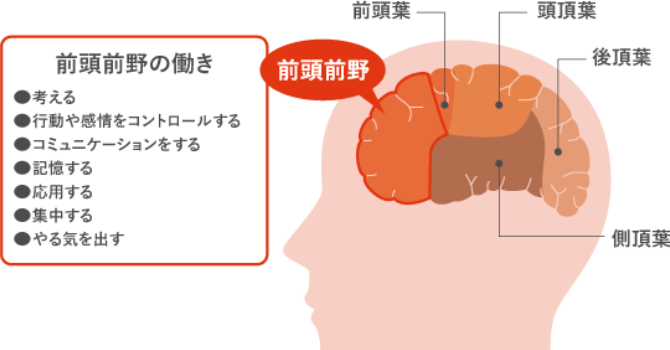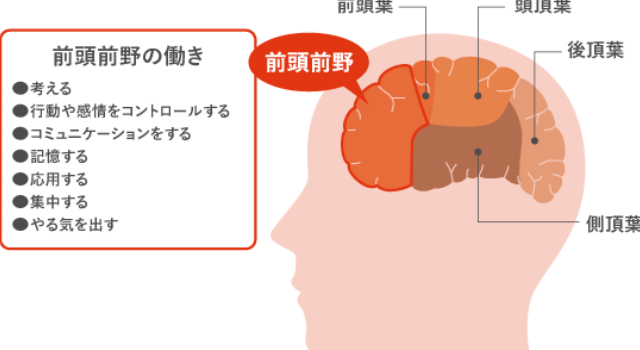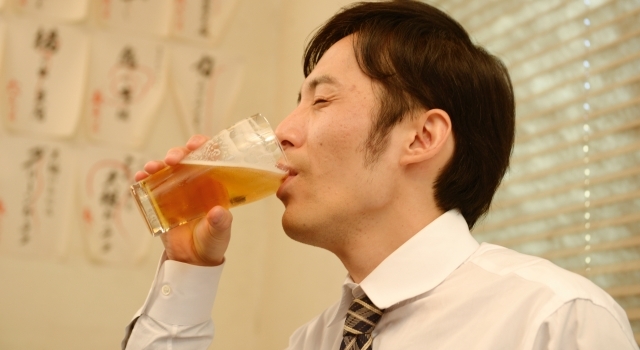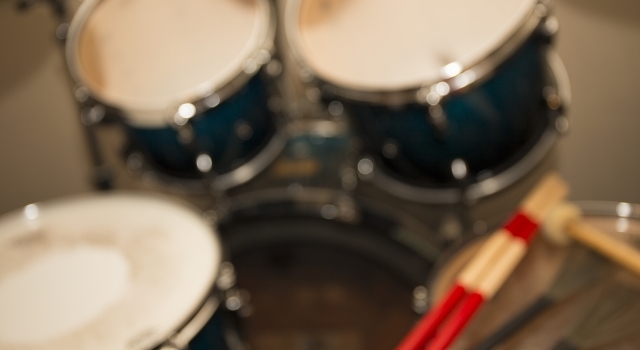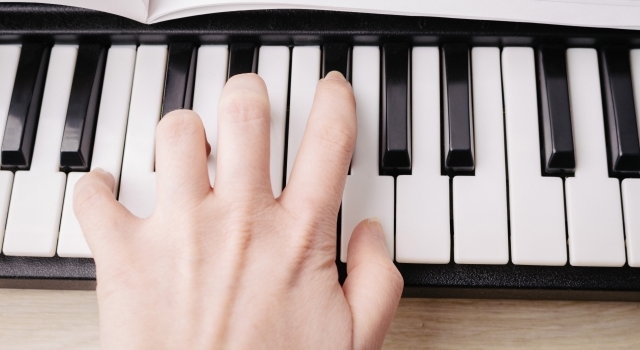The brain is divided into three main parts: the cerebrum, cerebellum and brainstem. The cerebrum accounts for about 80% of the total weight and is composed of the right and left hemispheres. It performs higher functions such as interpreting touch, vision and hearing, as well as speech, reasoning, emotions, learning and fine control of movement.
In the cerebrum, there are four areas, each with a specific role: the frontal lobe which mainly controls thinking, judgment and action functions; the parietal lobe which mainly controls perception and sense; the occipital lobe which controls vision; and the temporal lobe that controls hearing and memory.
In the frontal cortex, which takes up most of the frontal lobe, there is a large difference when comparing the brains of humans to animals. The human frontal cortex accounts for around 30% of the brain as compared to the largest chimpanzee at only around 7 to 10%, which makes this important for “human being” functions such as thinking, remembering, putting together ideas, controlling emotions, judging and applying knowledge.
However, if the “frontal area” declines, it will lead to forgetfulness, the inability to think further, becoming emotional such as irritability and losing motivation. Thus, it is important to train our prefrontal cortex so that we can be positive in our daily life and work, and continue to be able to live a healthy human life.
